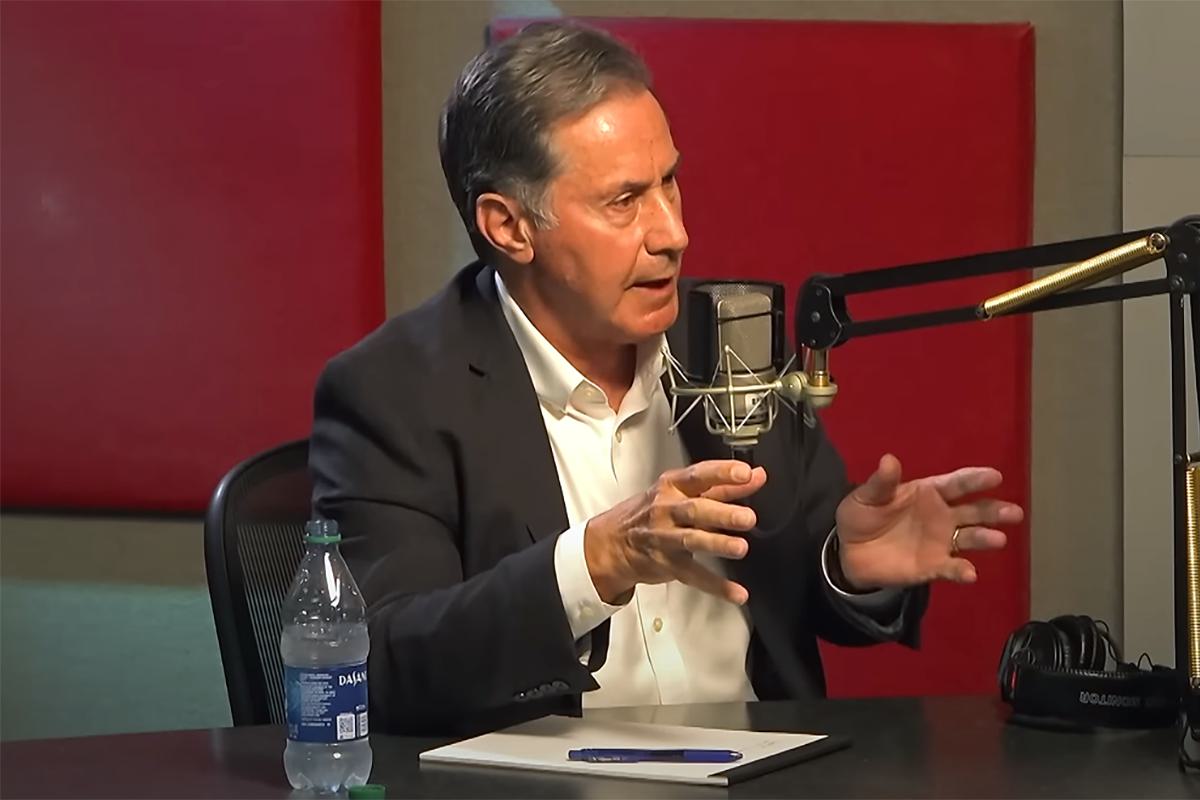U.S. Rep. Gary Palmer (R-Hoover) was one of three of Alabama’s congressional delegation to vote against raising the national debt limit, but he said the bill was not all bad for Republicans.
He joined the “Rick and Bubba University Podcast” Saturday to explain what was in the bill and why he voted against it despite its good qualities.
“There’s a lot of people out there that think this is a massive loss for the Republicans. It isn’t,” Palmer told the two hosts. “This is far better than a clean debt limit bill. One of the reasons I voted ‘no’ is I felt like it’s a big missed opportunity, particularly on work requirements.”
Palmer added that he was the only one in leadership who voted against the bill. U.S. Reps. Dale Strong (R-Huntsville) and Barry Moore (R-Enterprise) also voted 'no,' while U.S. Reps. Jerry Carl (R-Mobile), Mike Rogers (R-Saks), Robert Aderholt (R-Haleyville) and Terri Sewell (D-Birmingham) voted in favor of the bill.
"When you just look at the permitting reform that we got in the bill, I think that justified a lot of the people voting for it," Palmer said. "And what I want to try to do with this is to use this to try to regenerate the momentum that we had going into the farm bill and then to the appropriations process. Particularly on the work requirements side because that's a no-brainer, guys."
Palmer said his main concern with the bill was fixing welfare work requirements. He asked if it "made sense" to borrow more taxpayer money to pay "able-bodied" people not to work.
"I think we're going to win that debate every time," he said.
Palmer agreed with Carl, who hailed the bill as "the biggest spending cut and largest deficit reduction in US history" but said that was too low of a bar for him to consider voting for it.
Palmer introduced two amendments to the bill the night before the vote; one to fix the work requirement issue and another to restore judicial review under the administrative pay goal.
"None of them were made in order, and I understood that they wouldn't be," Palmer said. "But I had to at least make that attempt and kind of lay down a marker for where I was… What happened with the work requirements is with the Democrats; that was their red line. And for me, I would've said, 'I accept that challenge.'"
Palmer emphasized the importance of streamlining the permitting process to complete projects in a couple of years versus a decade.
"We've had a huge problem with getting things done. It took 11 years to add a runway to the Atlant airport… What this bill does is it limits the ability of outside groups to stop a project, but it also expedited the permitting process," Palmer said. "Instead of it taking seven or eight years to get a permit, it shouldn't take more than two years, and that's with all your environmental studies and all that."
When it comes to the national debt itself, which is hovering around $32 trillion, Palmer said America could not have afforded to default on payment and that it should matter to every taxpayer.
"Here's why it matters… It's the cost of capital," he said. "So when the government has this enormous amount of debt and they're raising interest, and you see what's happening right now, it makes buying a house more expensive. It makes buying a car more expensive… People say 'Well, let's just let it default.' Well, say that to this guy out there who's worked his whole life, he's invested in the stock market, he's drawing something from social security, and that's all he's got, or all she's got. It matters to them."
To connect with the author of this story or to comment, email daniel.taylor@1819news.com.
Don't miss out! Subscribe to our newsletter and get our top stories every weekday morning.










